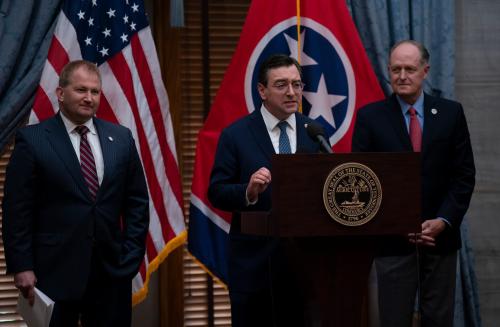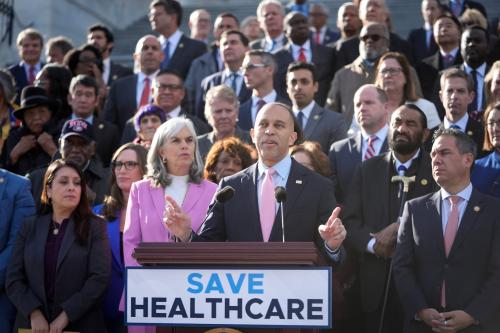Abstract
There is almost universal agreement in the United States that workers should have access to wage replacement during a work disruption due to their own or a family member’s serious illness or the arrival of a child. In the current patchwork of limited private provision and a handful of state mandates, however, access to this type of insurance against lost wages is uneven and inequitable. Given the positive externalities to health and well-being of families that have been extensively documented, particularly in the case of paid parental leave, there is a strong argument for government coordination to correct for the inefficient underprovision of paid leave. We propose a federal paid parental and medical leave program to be administered by the Social Security Administration and financed by payroll taxes paid equally by employees and their employers. Flexible eligibility criteria and benefit provision would extend access to groups most disadvantaged by today’s system: covering 75 percent of part-time workers, 83 percent of workers making under $15 per hour, and 87 percent of single-parents. Together, the components of this proposal lay out a path, towards establishing comprehensive paid leave coverage commensurate with that demanded by American workers.
-
Acknowledgements and disclosures
We would like to thank Kristen Broady, Wendy Edelberg, Vicki Shabo, Adam Looney, Peter Matthews, and participants in the Hamilton Project’s authors’ conference for their thoughtful comments and suggestions. We also thank Amy Cyr for exceptional research assistance.
The Brookings Institution is committed to quality, independence, and impact.
We are supported by a diverse array of funders. In line with our values and policies, each Brookings publication represents the sole views of its author(s).





Commentary
A proposal for a federal paid parental and medical leave program
May 12, 2021